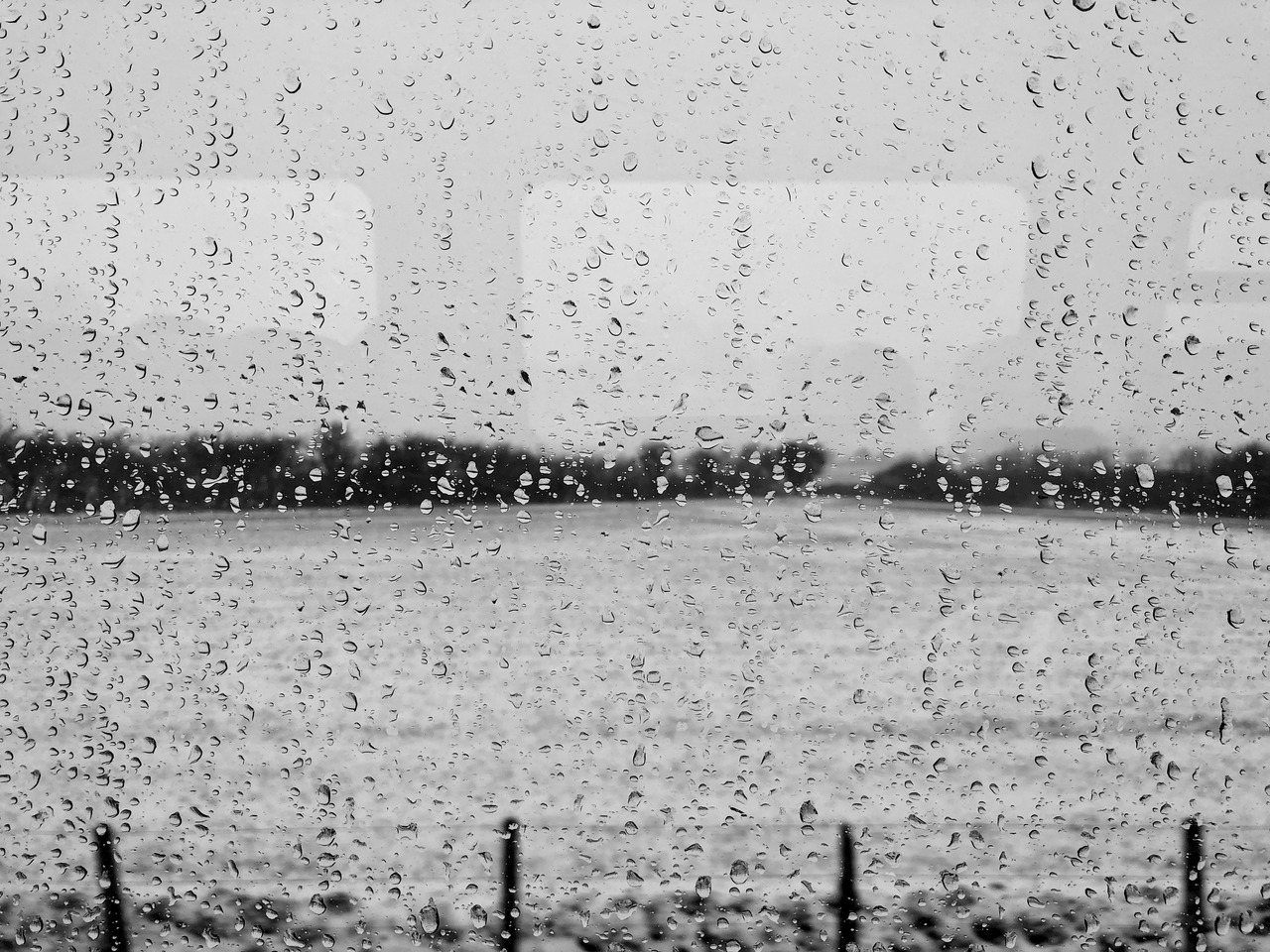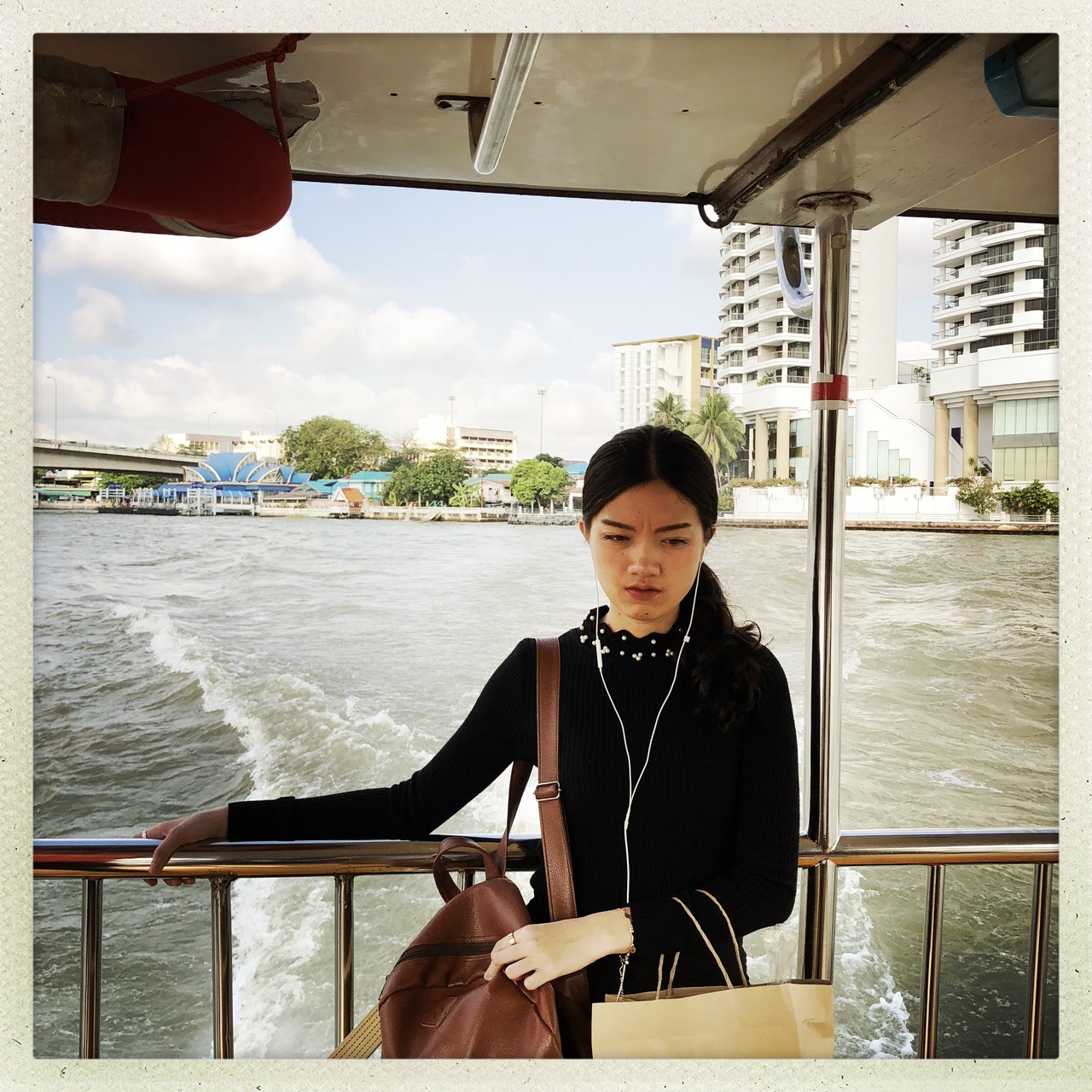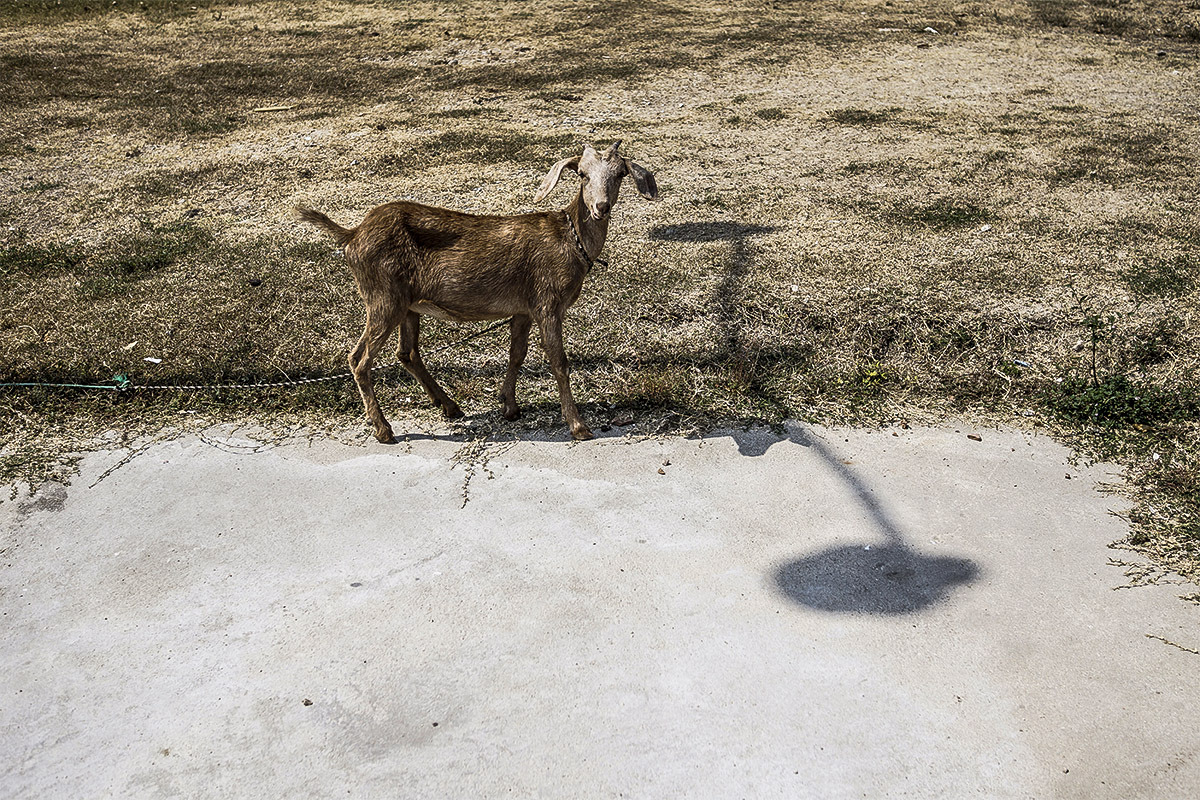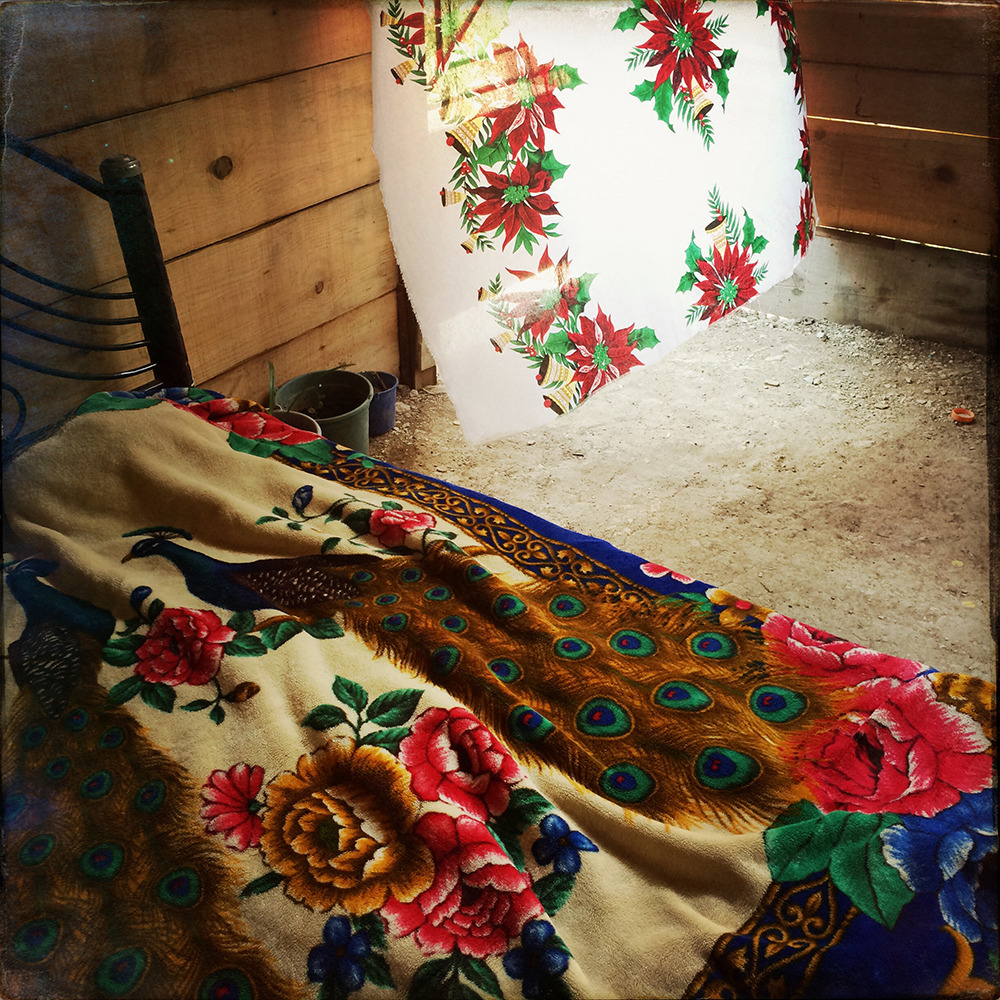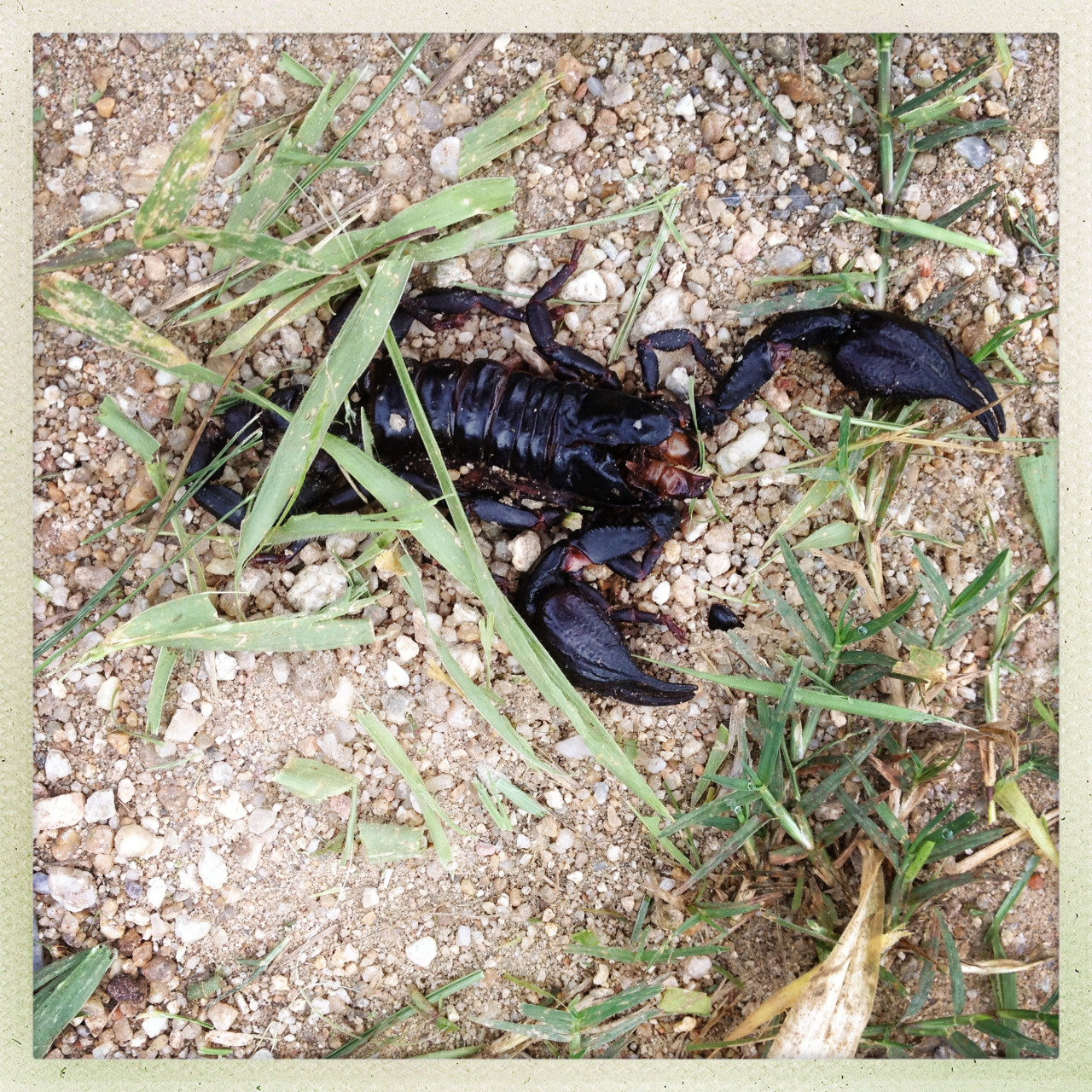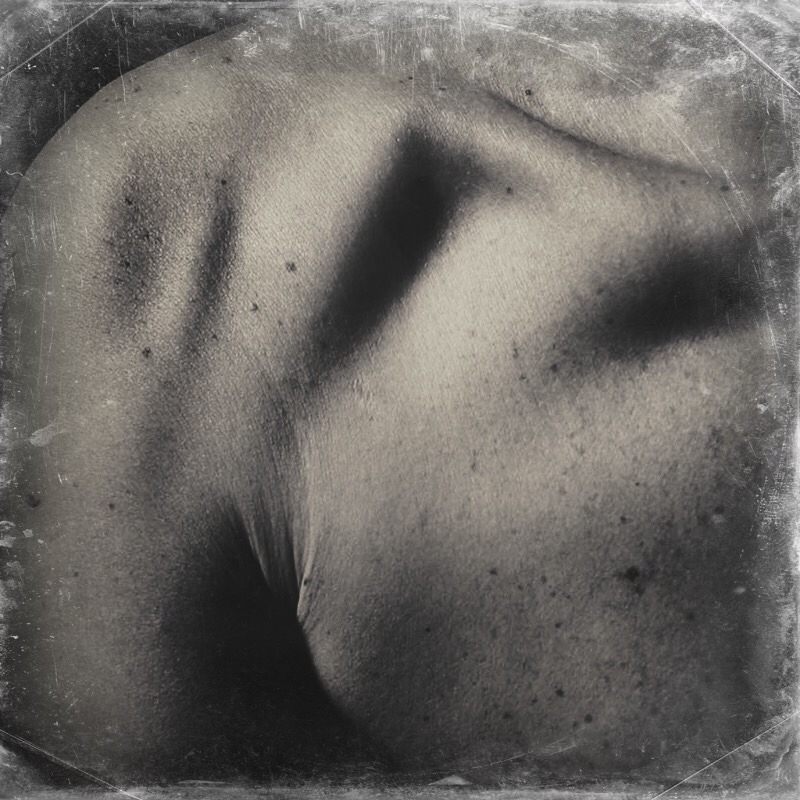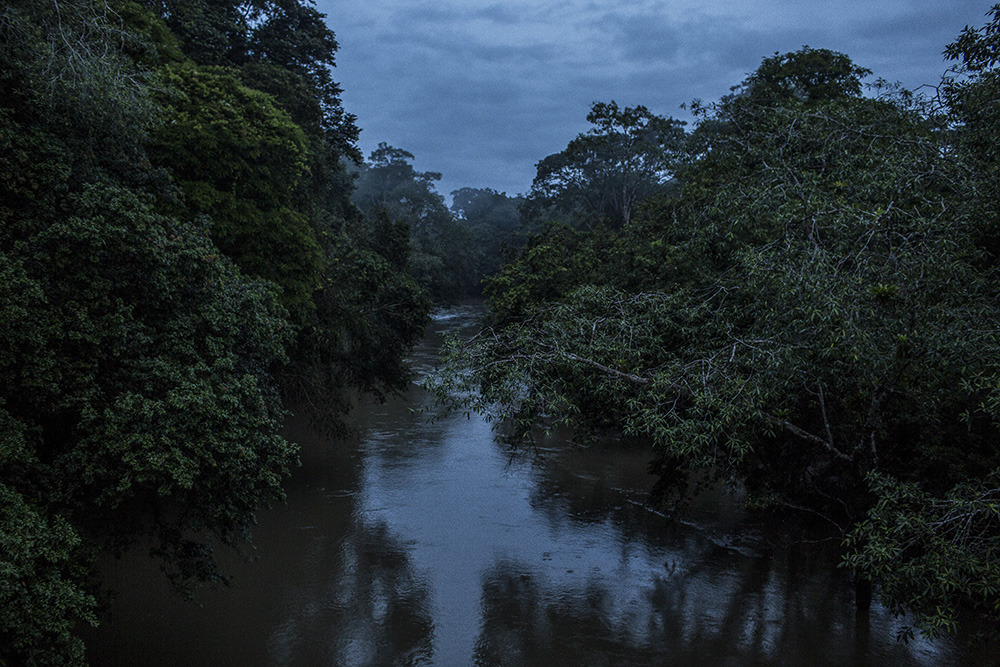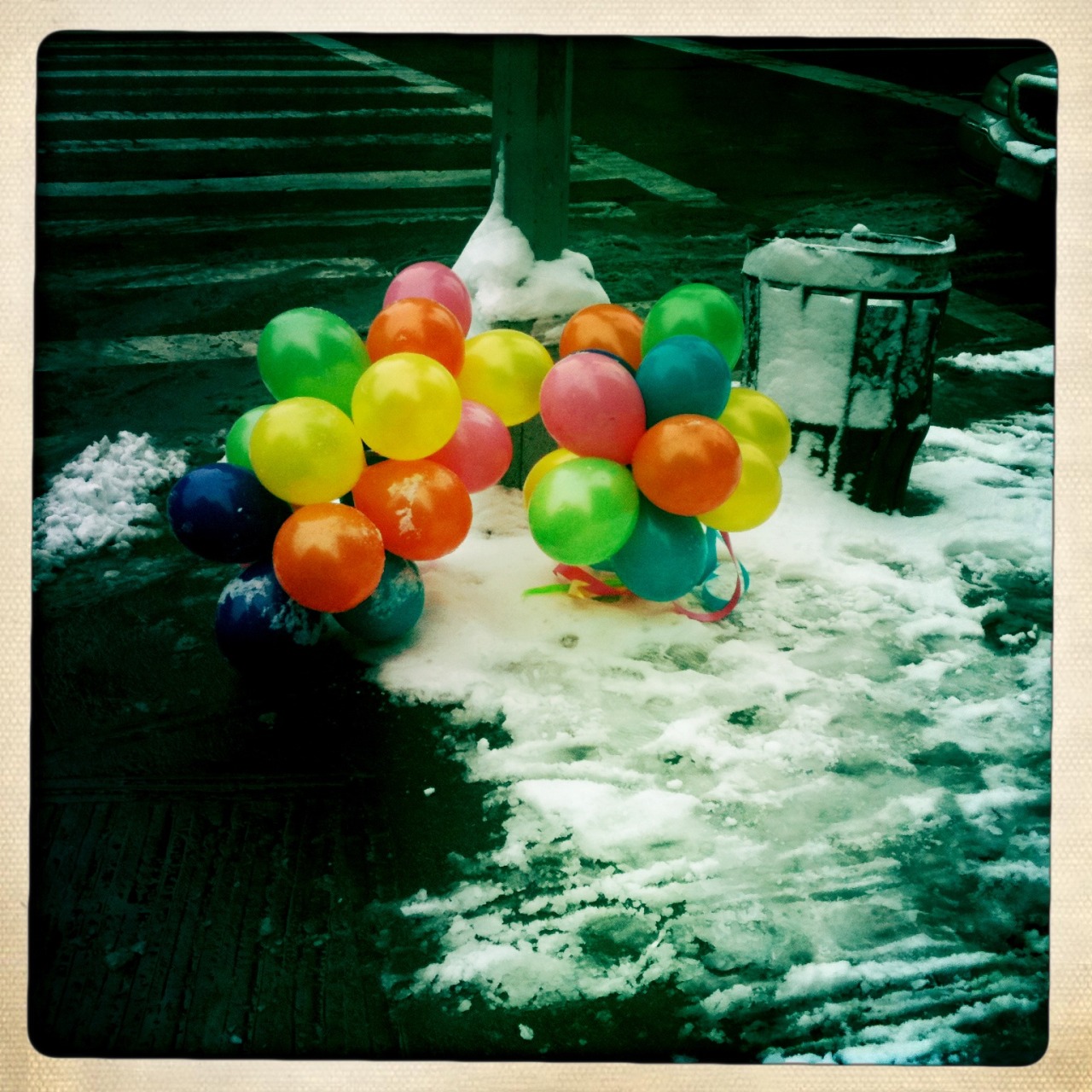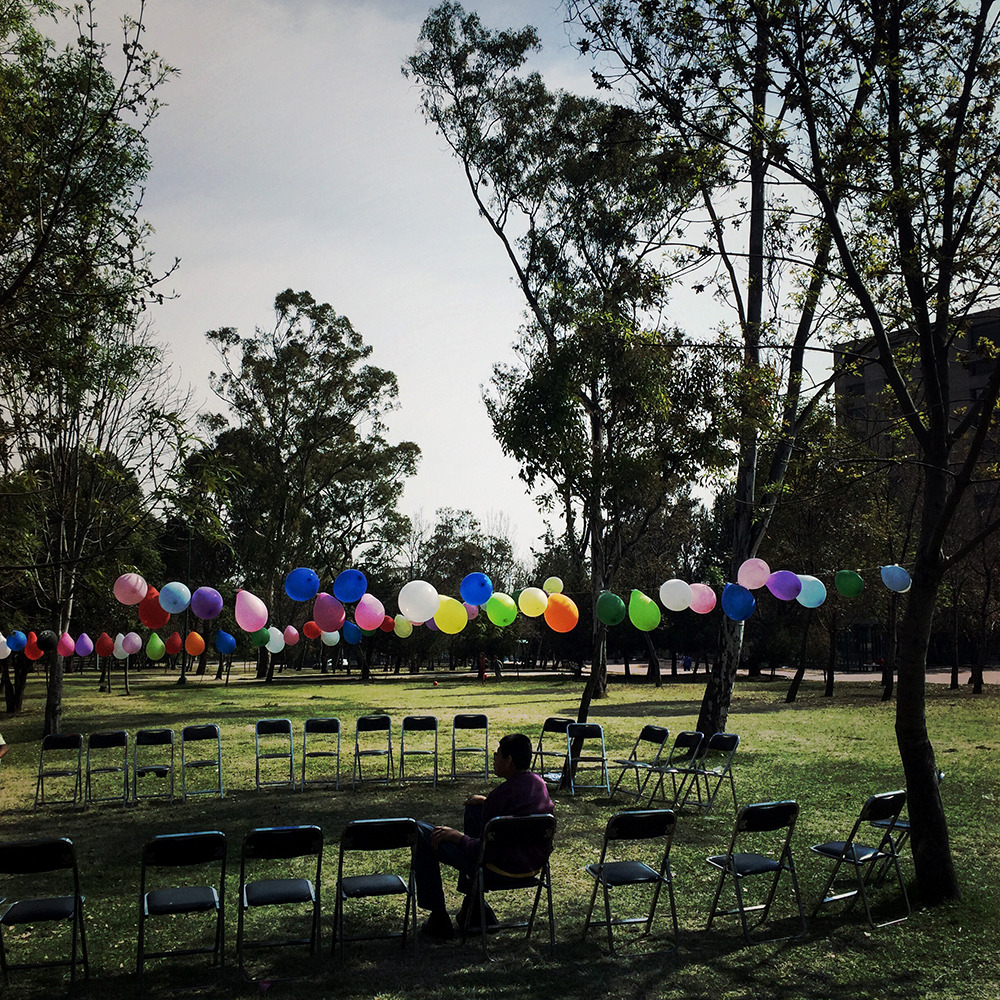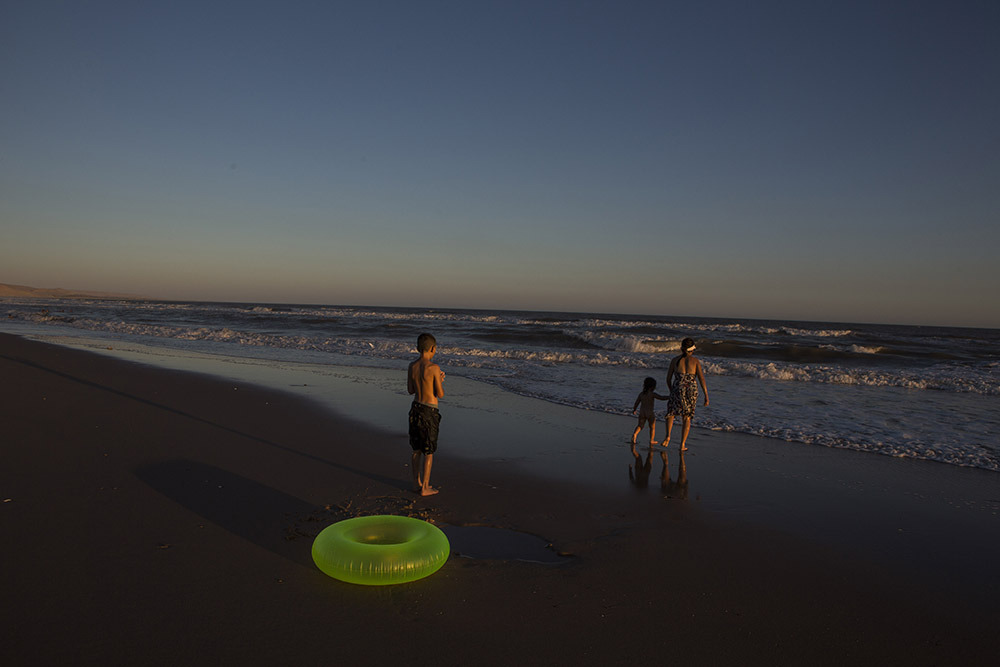(Auto Retrato - Oaxaca, Mexico)
Completamente Viernes
(Luis García Montero)
Por detergentes y lavavajillas,
por libros ordenados y escobas en el suelo,
por los cristales limpios, por la mesa
sin papeles, libretas ni bolígrafos,
por los sillones sin periódicos,
quien se acerque a mi casa
puede encontrar un día
completamente viernes.
Como yo me lo encuentro
cuando salgo a la calle
y está la catedral
tomada por el mundo de los vivos
y en el supermercado
junio se hace botella de ginebra,
embutidos y postre,
abanico de luz en el quiosco
de la floristería,
ciudad que se desnuda completamente viernes.
Así mi cuerpo
que se hace memoria de tu cuerpo
y te presiente
en la inquietud de todo lo que toca,
en el mando a distancia de la música,
en el papel de la revista,
en el hielo deshecho
igual que se deshace una mañana
completamente viernes.
Cuando se abre la puerta de la calle,
la nevera adivina lo que supo mi cuerpo
y sugiere otros títulos para este poema:
completamente tú,
mañana de regreso, el buen amor,
la buena compañía.
Las Causas
Los ponientes y las generaciones.
Los días y ninguno fue el primero.
La frescura del agua en la garganta
de Adán. El ordenado Paraíso.
El ojo descifrando la tiniebla.
El amor de los lobos en el alba.
La palabra. El hexámetro. El espejo.
La Torre de Babel y la soberbia.
La luna que miraban los caldeos.
Las arenas innúmeras del Ganges.
Chuang-Tzu y la mariposa que lo sueña.
Las manzanas de oro de las islas.
Los pasos del errante laberinto.
El infinito lienzo de Penélope.
El tiempo circular de los estoicos.
La moneda en la boca del que ha muerto.
El peso de la espada en la balanza.
Cada gota de agua en la clepsidra.
Las águilas, los fastos, las legiones.
César en la mañana de Farsalia.
La sombra de las cruces en la tierra.
El ajedrez y el álgebra del persa.
Los rastros de las largas migraciones.
La conquista de reinos por la espada.
La brújula incesante. El mar abierto.
El eco del reloj en la memoria.
El rey ajusticiado por el hacha.
El polvo incalculable que fue ejércitos.
La voz del ruiseñor en Dinamarca.
La escrupulosa línea del calígrafo.
El rostro del suicida en el espejo.
El naipe del tahúr. El oro ávido.
Las formas de la nube en el desierto.
Cada arabesco del calidoscopio.
Cada remordimiento y cada lágrima.
Se precisaron todas esas cosas
para que nuestras manos se encontraran.Jorge Luis Borges
(Bangkok, Thailand, March 2018)
“I’ll never forget you,“ I said. "I could never forget you.”
- Haruki Murakami, Norwegian Wood
(Breakfast - Self- Portrait, Aug 2015, when I still used glasses)
“Remembrance of things past is not necessarily the remembrance of things as they were.” - Marcel Proust
A year ago, 43 students disappeared in Mexico after they were attacked by the police in the middle of the night, and their relatives are still looking for answers.
This is the story of a year of grief for the Abraján family: Adán, the son, brother, father and husband was never to be seen again.
I worked on this project with the amazingly talented Karla Zabludovsky - we went back month after month and reported on a story that was, most of the time, too hard to take.
So, the first part is out. Please read this heartbreaking, beautifully written account of how one family is struggling with abandonment, pain, grief and exhaustion. A longer photo essay and a video will be posted soon.
Kudos to BuzzFeed News for supporting an in-depth, long-term project on a story that most would like to see forgotten.
And thank you to Doña Delfina, Don Bernabé, Erica, Ángel, Allison, Agustina and Isabel, for trusting us to tell your story.
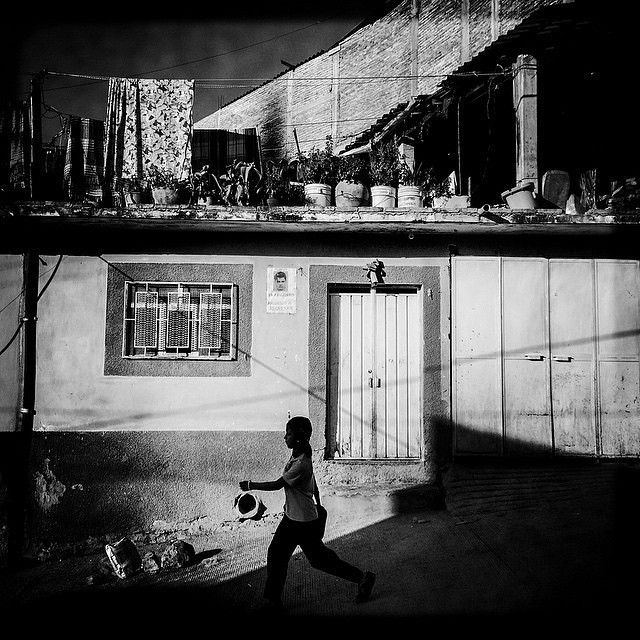
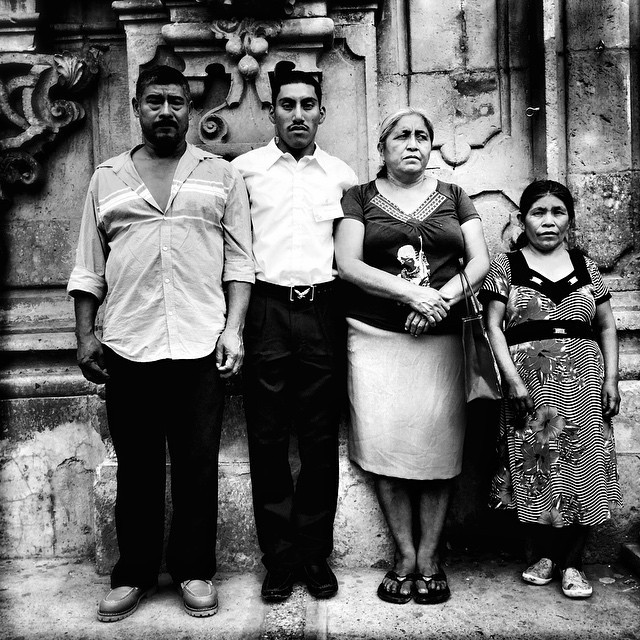

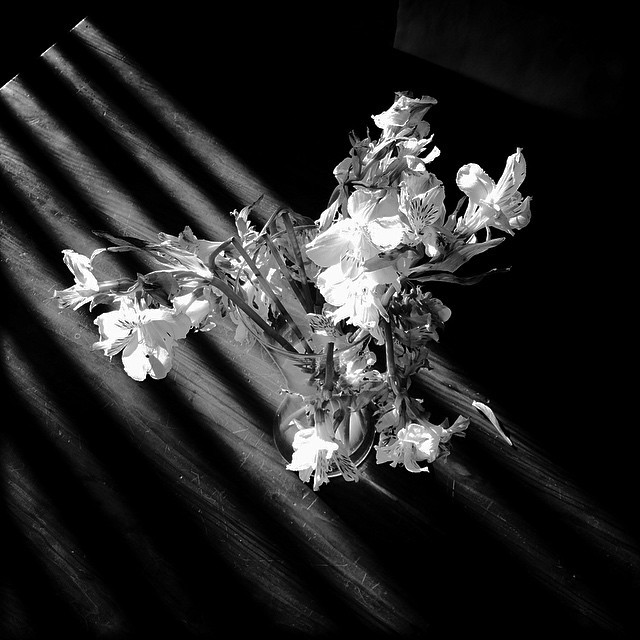
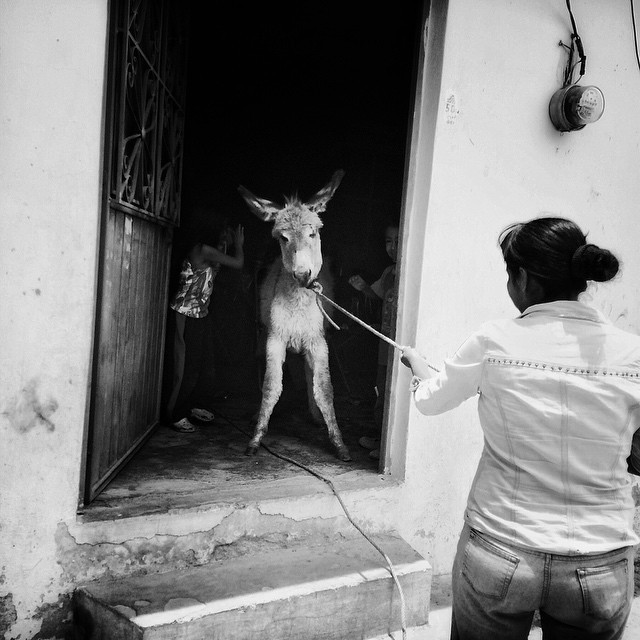
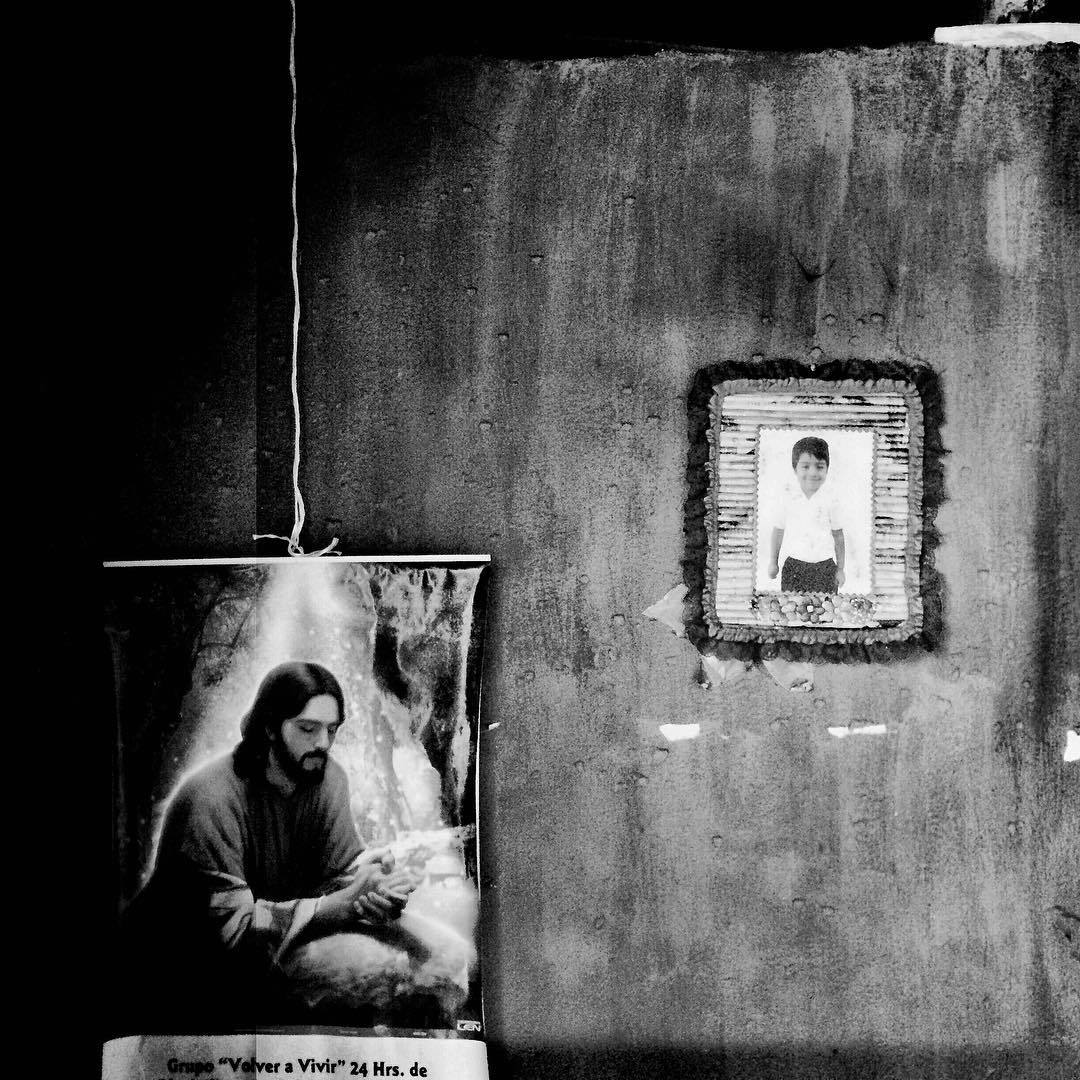
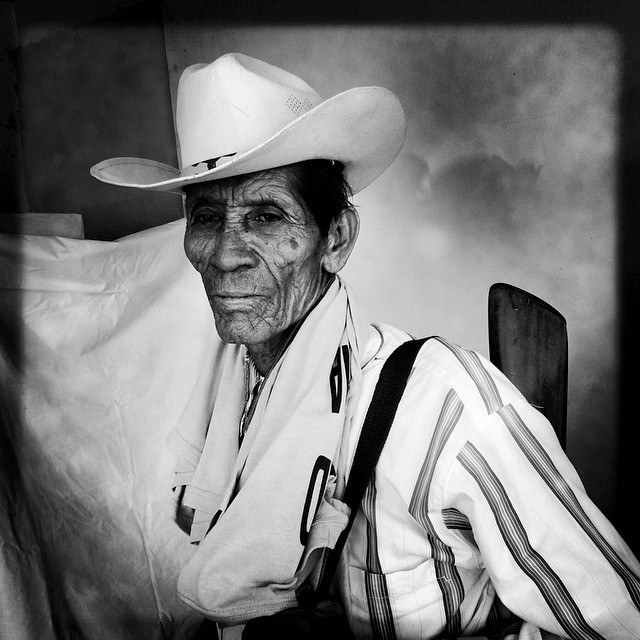
Story Collecting with @adrianazehbrauskas
To see more of Adriana’s photographs, follow @adrianazehbrauskas on Instagram.
As a journalism student, Adriana Zehbrauskas (@adrianazehbrauskas) found that pictures, not words, were the most compelling way for her to tell stories. “Photography is my way of saying, ‘Look here, this is happening. Don’t turn around, don’t go away,’” she says. From her current base in Mexico she strives to give a voice to individuals who otherwise might not be heard. Her winning project focuses on a group of missing students from a rural teachers college in the Mexican state of Guerrero — 43 men who disappeared almost a year ago.
Many of the families are “still in the dark, fighting on their own, striving to get by among the grief and looking for answers to what happened to their sons, fathers, brothers and husbands.” Yet, even when documenting human suffering, Adriana wants people to feel hopeful and to realize they are not alone. “We are all connected and we are all entitled to dignity and beauty,” she says.
Really honored to be here, thank you # Instagram!
(Self-Portrait, August 2015)
“Something broke in me and left me with a nerve split in two. In the beginning the extremities linked to the cut hurt me so badly that I paled in pain and perplexity. However the split places gradually scarred over. Until coldly, I no longer hurt. I changed, without planning to. I used to look at you from my inside outward and from the inside of you, which because of love, I could guess. After the scarring I started to look at you from the outside in. And also to see myself from the outside in: I had transformed myself into a heap of facts and actions whose only root was in the domain of logic. At first I couldn’t associate me with myself. Where am I? I wondered. And the one who answered was a stranger who told me coldly and categorically: you are yourself.”
- Clarice Lispector, A Breath of Life
(Oaxaca, Mexico, 2015)
“Most people have a rope that ties them to someone, and that rope can be short or it can be long. (Be long. Belong. Get it?) You don’t know how long, though. It’s not your choice.” ― Nick Hornby, A Long Way Down
(Tixtla, Guerrero, Mexico, 2015)
“The thoughts he put in her head. Someone should’ve arrested him for it.”
- Junot Díaz, The Brief Wondrous Life of Oscar Wao
(Chiang Mai, Thailand, 2012)
Notes for the Program
Just the ordinary days, please.
I wouldn’t want them any better.
About the pace of life, it seems best to have
slow, if-I-can-stand-them revelations.
And take this message about the inevitable:
I’ve decided it’s all right if it comes. - William Sttaford
(Self-Portrait, “Parts of Me” Series)
“La soledad es una vertiente del egoísmo natural del ser humano. La persona amada un buen día te dirá que no te ama y no entenderás nada. Eso me pasó a mí. Hubiera querido que me explicara qué debía hacer para soportar su ausencia. No dijo nada.” - Roberto Bolaño
(Puerto Viejo, Costa Rica, 2014)
“Your heart is like a great river after a long spell of rain, spilling over its banks. All signposts that once stood on the ground are gone, inundated and carried away by that rush of water. And still the rain beats down on the surface of the river. Every time you see a flood like that on the news you tell yourself: That’s it. That’s my heart.” - Haruki Murakami
(New York City, 2011)
“One heart is not connected to another through harmony alone. They are, instead, linked deeply through their wounds. Pain linked to pain, fragility to fragility. There is no silence without a cry of grief, no forgiveness without bloodshed, no acceptance without a passage through acute loss. That is what lies at the root of true harmony.” ― Haruki Murakami, Colorless Tsukuru Tazaki and His Years of Pilgrimage
(Mexico City, Mexico, 2015)
“Who was it said that memory is what we thought we’d forgotten? And it ought to be obvious to us that time doesn’t act as a fixative, rather as a solvent. But it’s not convenient–it’s not useful–to believe this; it doesn’t help us get on with our lives; so we ignore it.” - Julian Barnes, The Sense of an Ending
(Sinaloa, Mexico, 2014)
“In a brief moment of lucidity, I was sure that we’d all gone crazy. But then that moment of lucidity was displaced by a supersecond of superlucidity (if I can put it that way), in which I realized that this scene was the logical outcome of our ridiculous lives. It wasn’t a punishment but a new wrinkle. It gave us a glimpse of ourselves in our common humanity. It wasn’t proof of our idle guilt but a sign of our miraculous and pointless innocence. But that’s not it. That’s not it. We were still and they were in motion and the sand on the beach was moving, not because of the wind but because of what they were doing and what we were doing, which was nothing, which was watching, and all of that together was the wrinkle, the moment of superlucidity. Then, nothing.” ― Roberto Bolaño, The Savage Detectives

